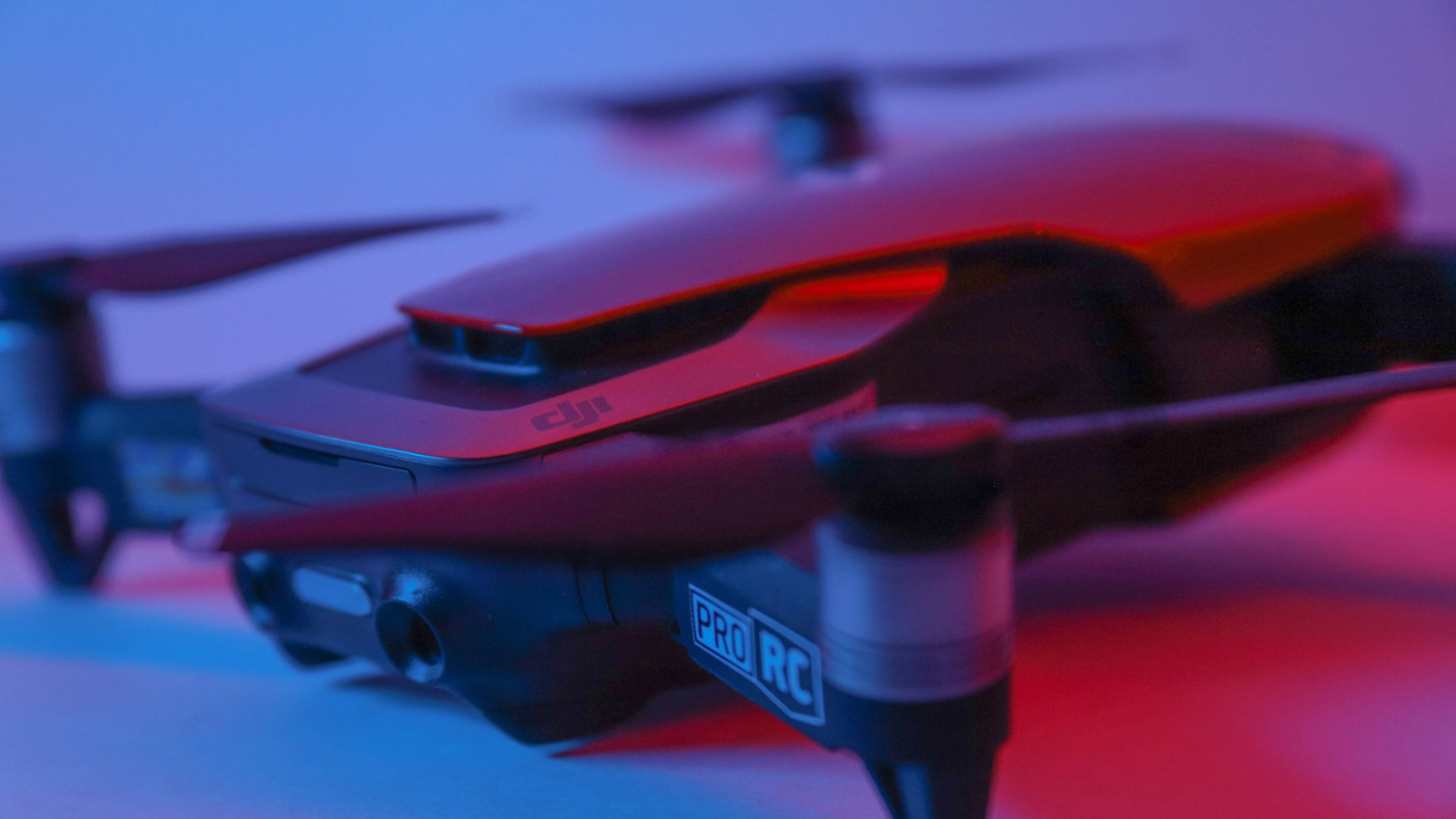DJI sues Pentagon over 'Chinese military company' designation — seeking to protect its business and reputation
The company says it has lost business due to the designation and asserts that it is not owned or controlled by the Chinese military.

DJI, the world's largest drone manufacturer, has reportedly filed a lawsuit against the U.S. Department of Defense, challenging its designation as a "Chinese military company." The Pentagon added DJI to its list of entities with alleged ties to China’s military in 2023, which bars American investors from trading shares in companies on the list.
DJI argues that this classification is unjustified and harms its reputation, as it insists it operates independently and has no military affiliations. The lawsuit seeks to remove DJI from the list and counter potential negative consequences for its business. The company’s portfolio of products, which includes drones, camera systems, and other accessories, is widely used around the globe for commercial and recreational purposes.
The Pentagon’s decision to place DJI on its Chinese military list seems to be a larger effort to reduce reliance on Chinese technology in sensitive areas and protect national security. DJI, however, contests that it has no direct involvement with China's military. The company also claims that the designation has caused substantial harm to its business by limiting its access to U.S. investment and markets, as well as damaging its reputation internationally.
This isn’t the first time DJI has faced scrutiny from U.S. authorities. The company has been on the U.S. Department of Commerce’s Entity List since 2020. Earlier this year the United States House of Representatives passed the "Countering CCP Drones Act" as a part of the United States' 2025 National Defense Authorization Act (FY25 NDAA). While that meant a ban on the future sale of DJI drones in the United States, the U.S. Senate Armed Services Committee's version of the 2025 National Defense Authorization Act (NDAA), released in July, did not include the Countering CCP Drones Act.
In its lawsuit, DJI contends that the Pentagon's decision was made without proper evidence and that its inclusion on the Chinese military list is based on speculative or erroneous conclusions. The company maintains that it operates independently and focuses solely on commercial drone technology, with no direct connections to China’s military sector. DJI’s primary goal in the lawsuit is to have its name removed from the list. The company argues that remaining on the list will continue to cause irreparable damage to its business operations particularly in the U.S. market.
The lawsuit could have far-reaching implications for both the drone industry and U.S.-China relations. If DJI succeeds in removing its name from the Pentagon’s military list, it could regain investor confidence and access to American markets. On the other hand, if the Pentagon's designation is upheld, it may further tighten restrictions on DJI and prompt similar actions against other Chinese companies.
Additionally, this case highlights the growing legal battles between Chinese companies and U.S. regulatory bodies. As the U.S. continues to impose trade and investment restrictions on Chinese firms, more companies may resort to legal challenges in an attempt to protect their business interests and challenge U.S. government actions.
Get Tom's Hardware's best news and in-depth reviews, straight to your inbox.

Kunal Khullar is a contributing writer at Tom’s Hardware. He is a long time technology journalist and reviewer specializing in PC components and peripherals, and welcomes any and every question around building a PC.
-
Pierce2623 I’m curious as to what court a Chinese company uses to sue the US DoD and how infinitely small the chances of success are. How does one make the US government take back a unilateral decision that only applies to the US?Reply -
kjfatl As I understand it, all entities in China are owned by the government. Effectively all products purchased from China are purchased from the Chinese military. All data handled by a Chinese entity must be made available to the military, secretly, regardless of any contractual relations in a foreign county like the US or Germany.Reply
The US courts know, or should know this. China is working the system so they can obtain facial recognition, gait recognition and DNA data of all inhabitants of the world. -
EzzyB ReplyPierce2623 said:I’m curious as to what court a Chinese company uses to sue the US DoD and how infinitely small the chances of success are. How does one make the US government take back a unilateral decision that only applies to the US?
There will be an American subsidiary, probably incorporated in the US. It's not uncommon at all and in the United States a corporation is treated as a person for such things. -
Co BIY ReplyPierce2623 said:I’m curious as to what court a Chinese company uses to sue the US DoD and how infinitely small the chances of success are. How does one make the US government take back a unilateral decision that only applies to the US?
Apparently US District Court in Washington, DC. Sounds like they accepted the filing paperwork. Doesn't mean it's going anywhere.
Apparently the Pentagon refused to talk to them about the designation for 18 months. Doubt they will get much satisfaction from the courts. -
Kondamin So can dji drones still be sold to the us public?Reply
Adorama and b&h still sell dji and even after 18 months they don’t have anything in the same price range -
Pierce2623 Reply
Thanks. This is the answer I was looking for. The guy trying to tell me about a US subsidiary obviously misunderstood what I was asking.Co BIY said:Apparently US District Court in Washington, DC. Sounds like they accepted the filing paperwork. Doesn't mean it's going anywhere.
Apparently the Pentagon refused to talk to them about the designation for 18 months. Doubt they will get much satisfaction from the courts. -
Kobietron If you want a DJI drone without the ban, you can get a $10,000 Anzu Raptor made in the good ole USA but completely based off the DJI Mavic.Reply
I could understand if the concern really was the Chinese Government and there were similar priced alternatives to what DJI offers, but the truth is, there isn't. Who would pay $7,000-$10,000 for a Mavic?
They're trying to corner the technology market because they're failing in it. The only thing they can do is kill the competition. -
Since there have been a couple of our members who simply can't, or won't, for whatever reason stay away from politics in accordance with the site rules, this thread is now closed and the offending posts removed. Thank you to those that followed the rules and stayed on topic.Reply